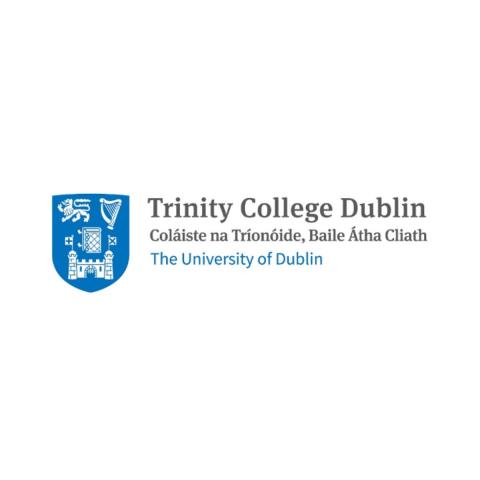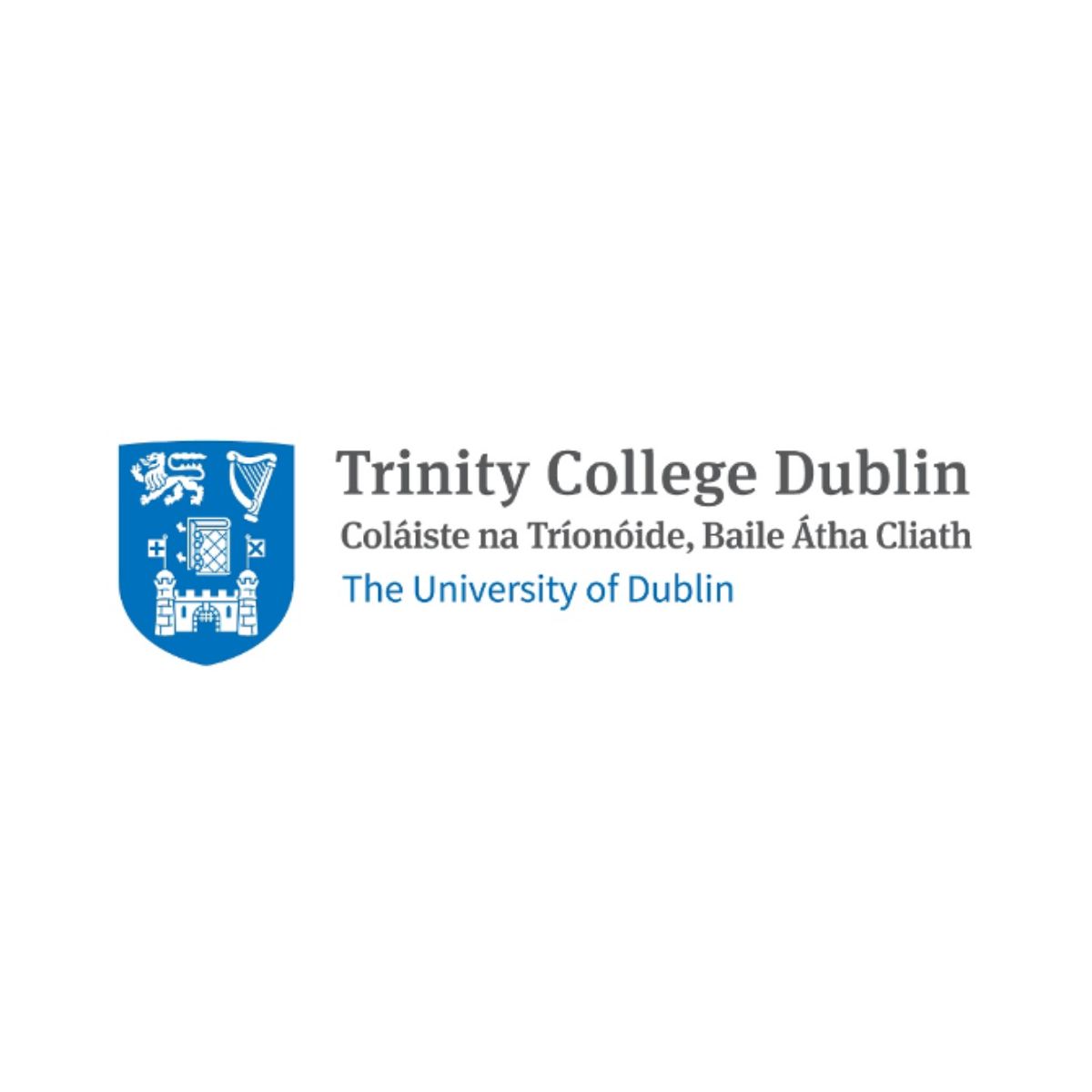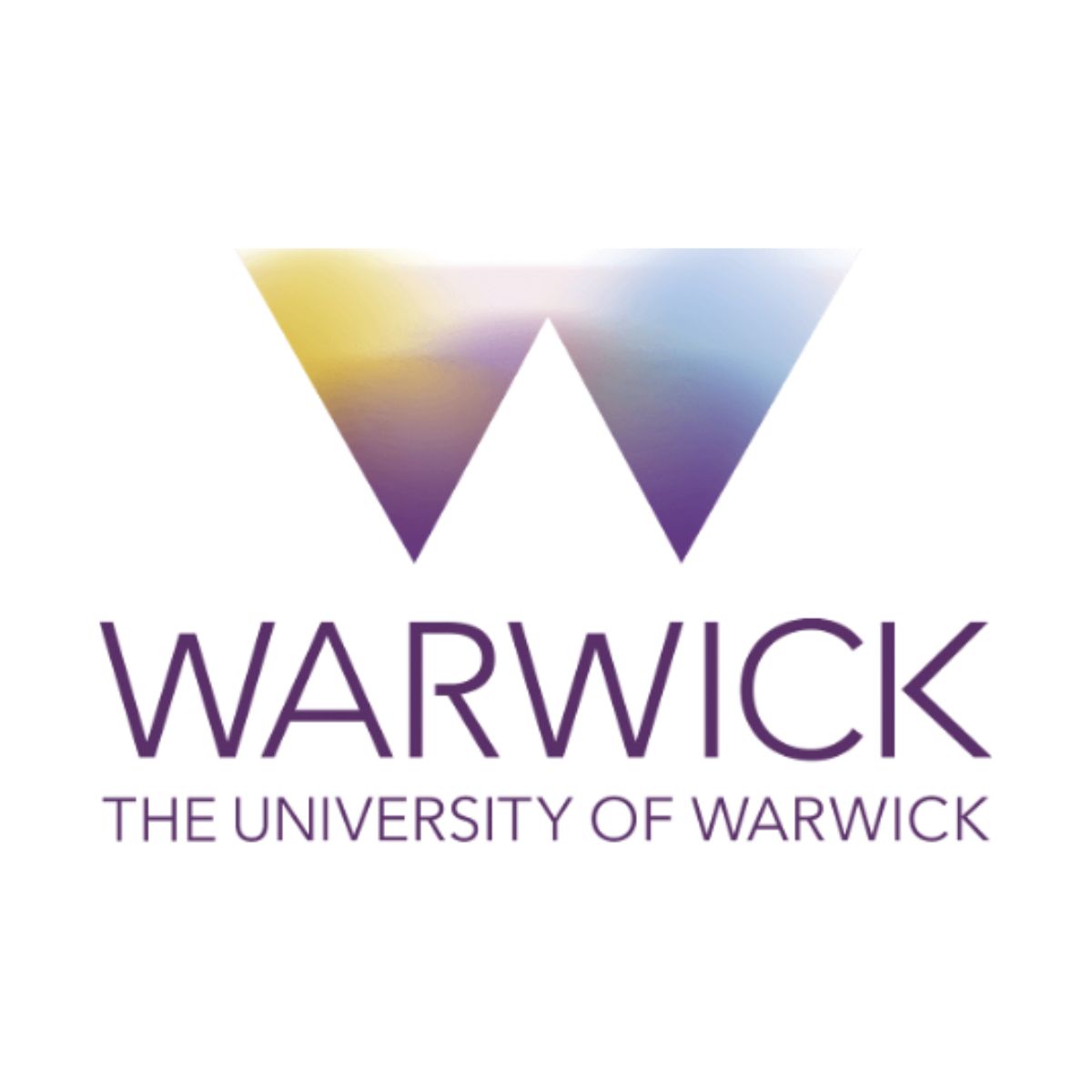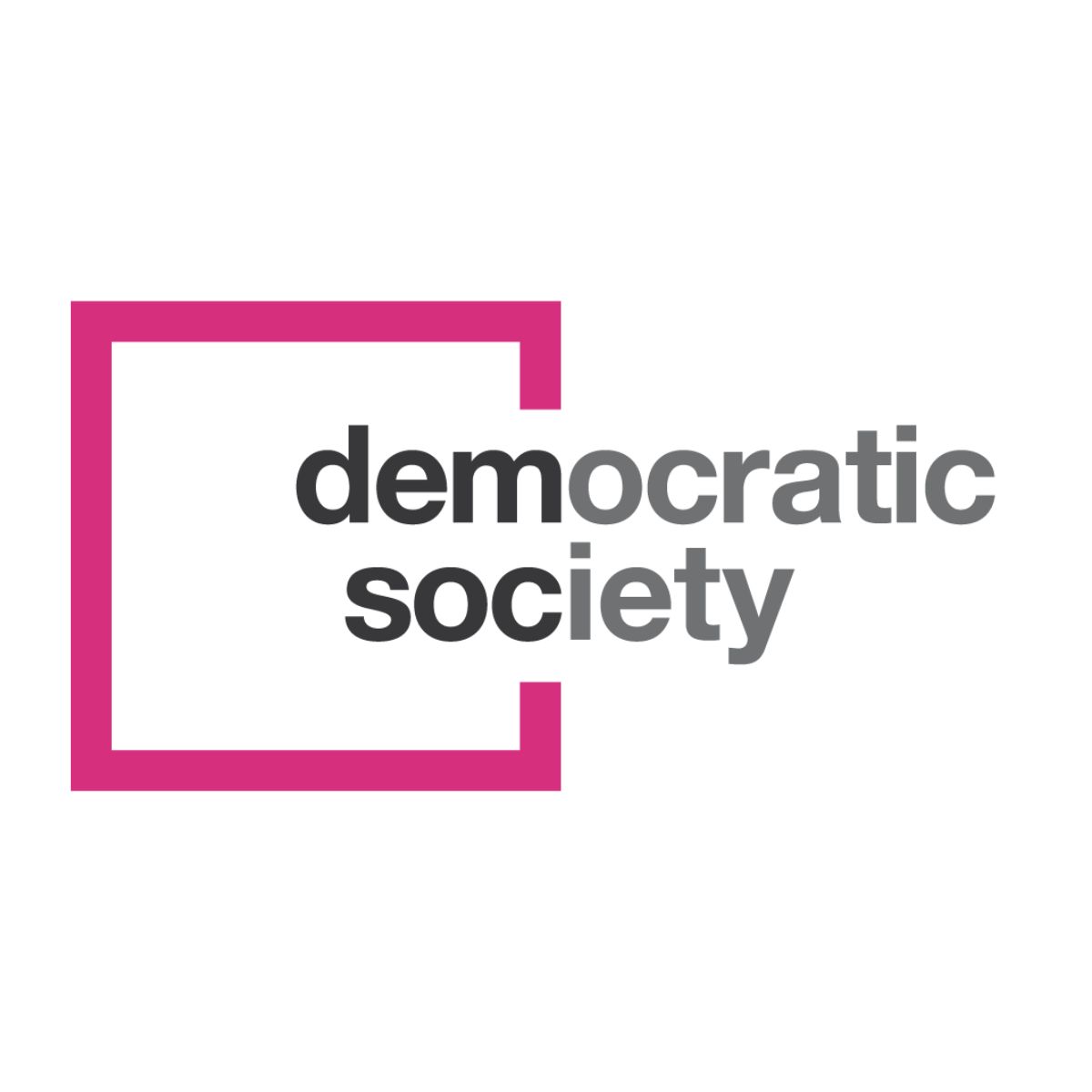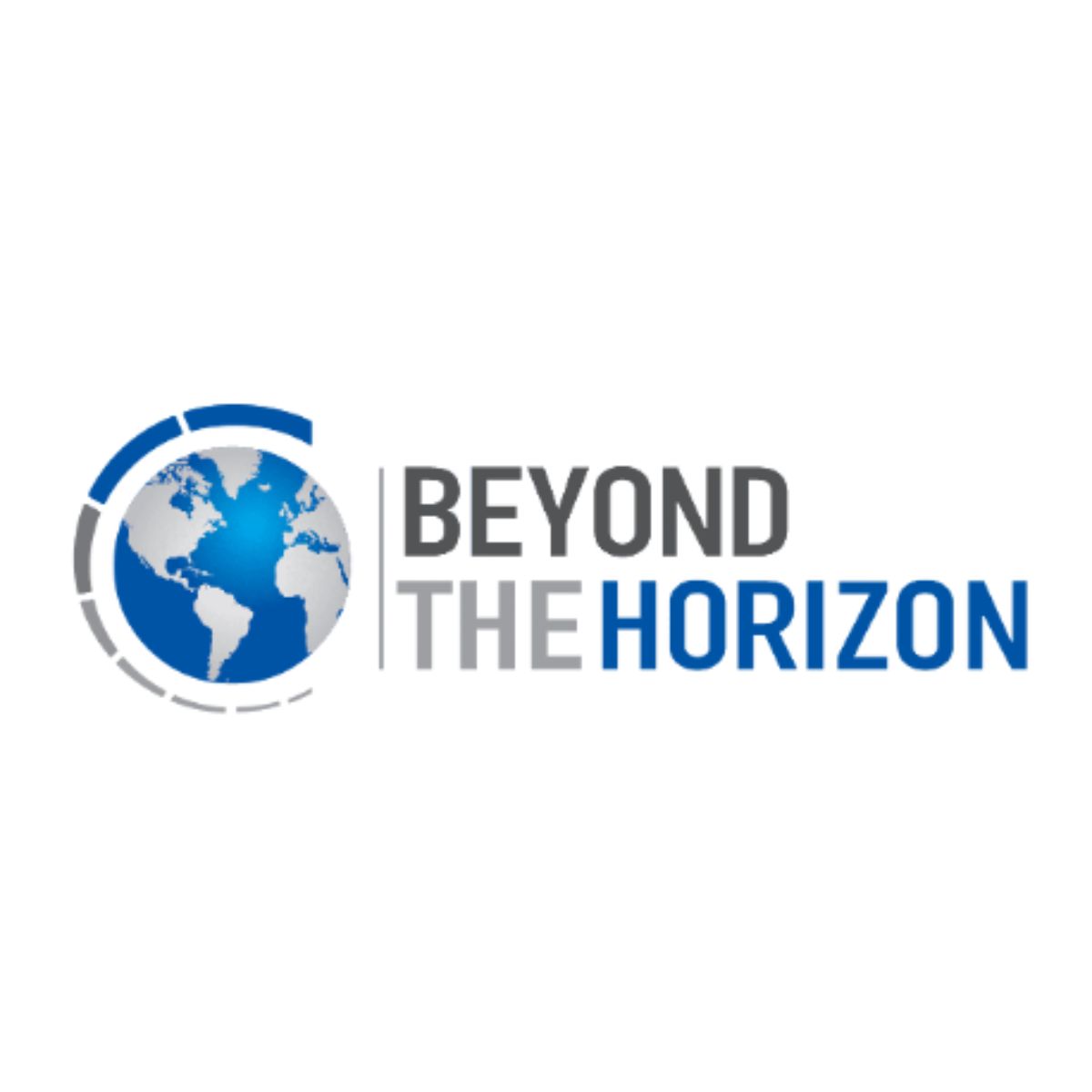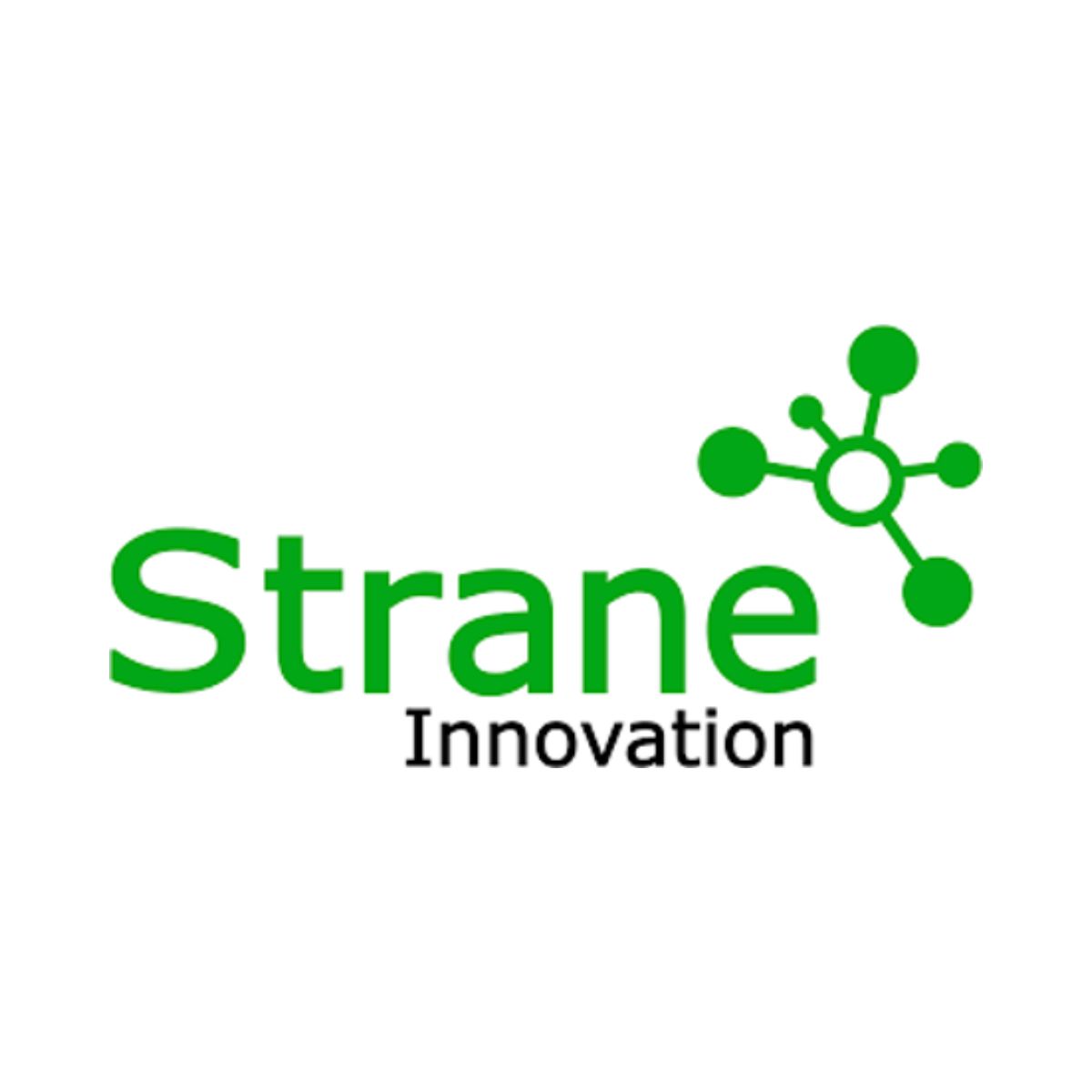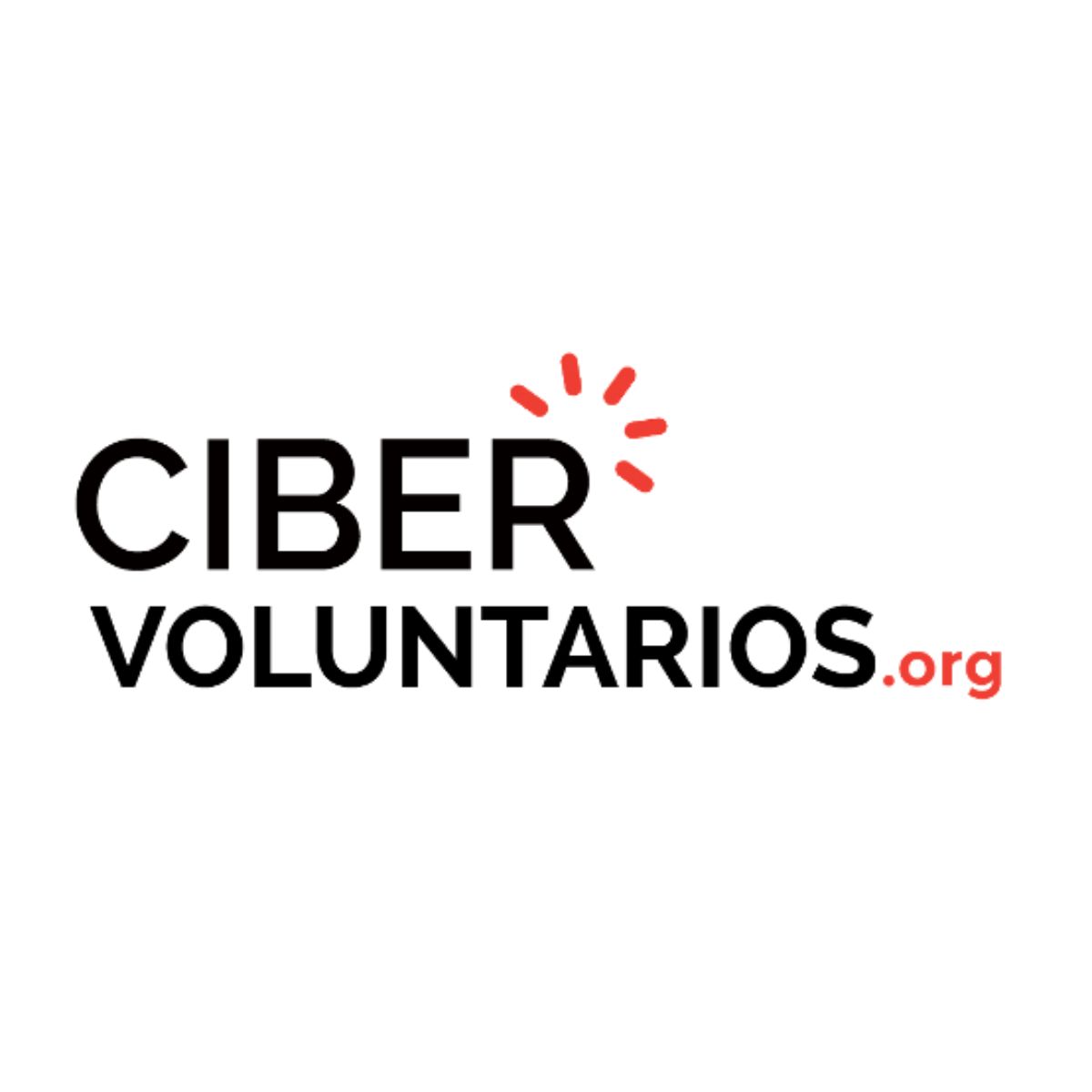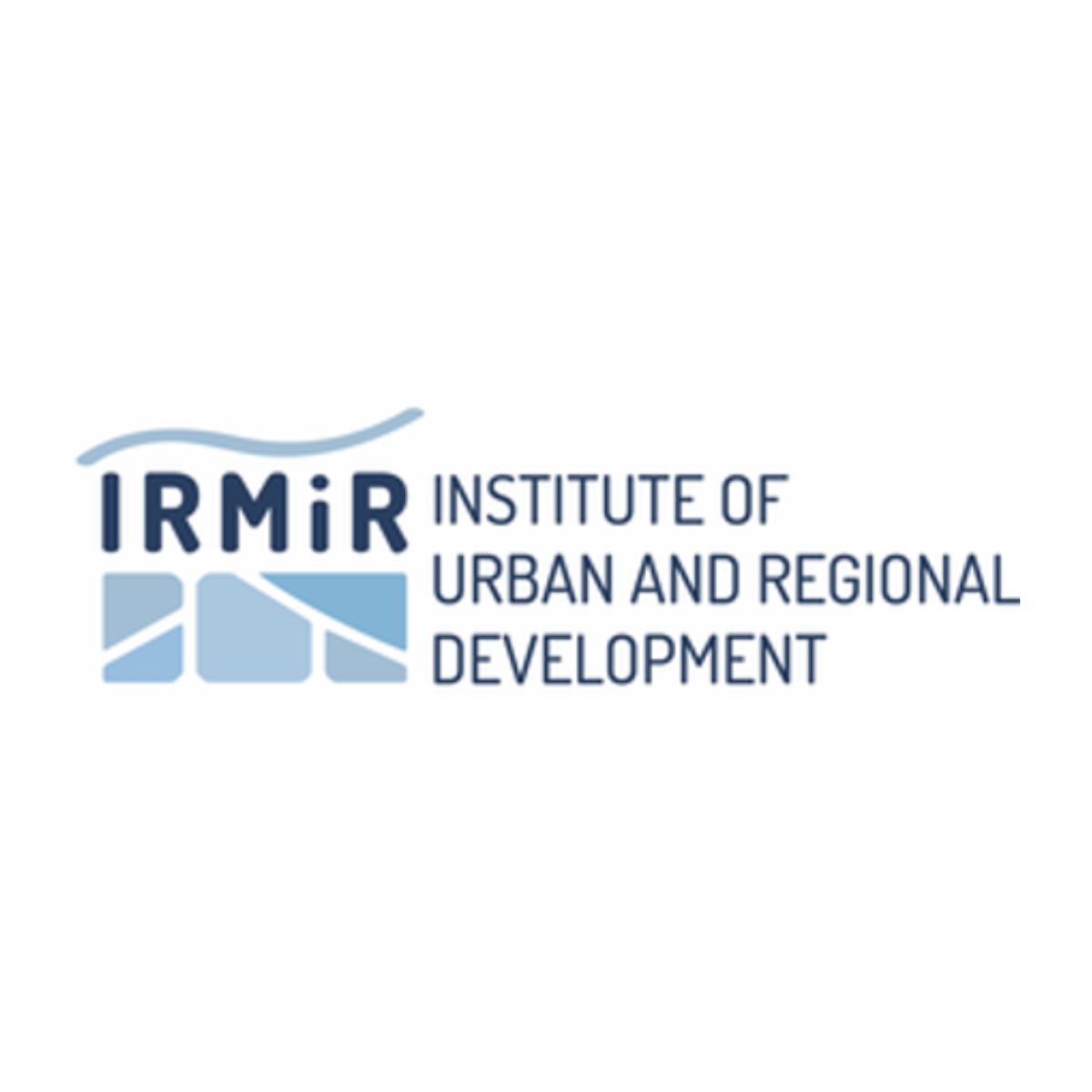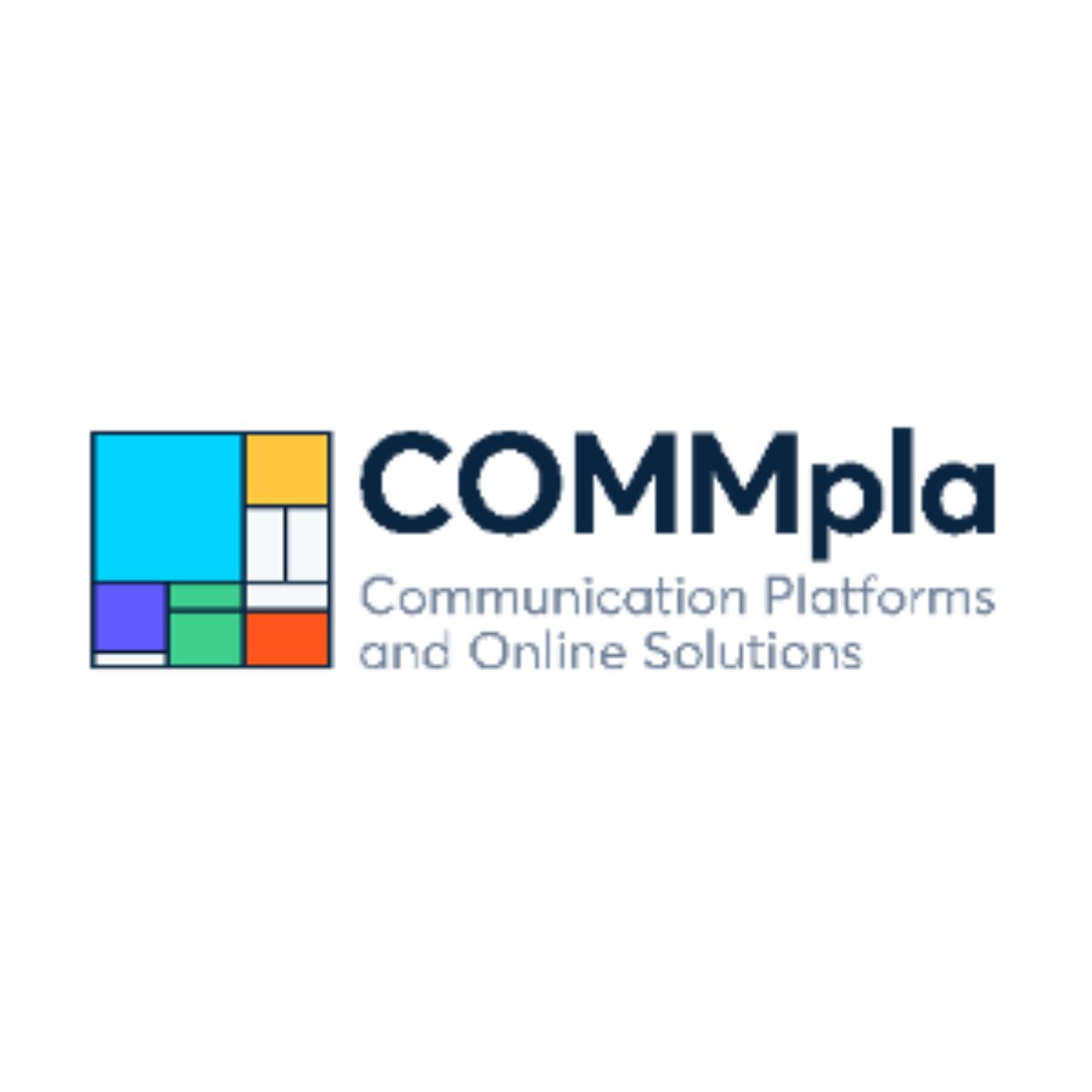
Dublin
General Goal & Structure
-----------
The Dublin Use Case (UC 4) is designed to interact with software developers working in the field of AI and big data in industry and academia with the underlying aim to increase their awareness of the impact of their design tools, systems, and processes on democratic principles and support human flourishing and civic participation.
The call for a human centric and democratic AI and the need for software developers to follow and implement ethical guidelines and regulations is a highly debated topic that is imperative to explore further.
Primary Goals
Explore the limits of current approaches to ethical AI development and envision new, more effective ones that take into consideration the cultural dimension of these software and systems
The overall objectives of the UC4 are as follows:
- The extent of impact of cultural dimensions on ethical software
- Enhance education on computer education
- Understanding when to implement ethical guidelines and highlight specific codes of conduct
Methodology
The four use cases follow a common methodology, based upon three interaction points between the project and their target stakeholder groups.
The first interaction was based upon the model of Participatory Design. The second interaction will be constituted as a one-day Digital Democracy Lab. The final interaction will be between the KT4D team and target groups, where pre-final versions of KERs will be available for interrogation and discussion.
The participant groups are built up out of the host partners’ current projects and networks, and have been assigned to localities to capitalise on partner networks and local community assets, such as the presence of technology multinationals in Dublin or of policymakers in Brussels.
Interaction with other Use Cases
The Dublin Use Case interacts with the other use cases in the following ways:
- Coordination of the Combined Use Case Methodology
- Coordination of the meeting events ensuring coordination between the contributing WPs, events management, including Use Case consultations and co-creation meetings
However, it maintains a connected relationship with UC 1 (Brussels) specifically through:
- Co-creation of an agenda, discussion guide, and interaction design for the first interactions of the groups
- Interaction design for final Valourisation Meetings
Target Audience
Deliverables / Outcomes
Social risk toolkit (KER 1)
The Social Risk Toolkit provides a comprehensive overview and in-depth research insights covering the key socio- cultural issues associated with the intersection of AI, Big Data and Democracy. The toolkit consists of 8 individual modules covering specific cultural or social aspects of AI and big data in democratic society.
Social Computing Compass for Self-Assessment (KER 3)
New tool more attuned to the understanding of cultural sensitivities, relational and holistic identity paradigms, and awareness of individual biases, that expand on ethical standards and software design assessment, and build upon them
Digital Democracy Lab Demonstrator (KER 5 & 6)
A one-day experience of working within a transparently constructed, open and explainable platform for civic interaction. During the workshop, each of the core components will be explained and engaged with critically by the users in the lab in order to achieve civic interaction and actionable insights. Participants will be guided through a series of hands-on exercises working with the demonstrator platform and actively exploring the emerging ethical and technical issues. Each exercise will be accompanied by an opportunity for reflection on the affordances and constraints of the platform.
Updates & Recent News
Use Case 4 - Meeting 1
October 27, 2023
Trinity College Dublin
----------
While the shared goal of all the Participatory Design Sessions is to understand current and desired future user practices so as to align design to their requirements, each Use Case has a peculiar structure and a set of goals designed to best suit the participants’ needs, interests, and skills.
The specific goal for the first meeting of Use Case 4 was to invite a group of software developers and people in positions of overseeing software development (such as industry CTOs and investment firms and agencies) to explore the limits of current approaches to ethical AI development and to envision new, more effective ones that could take into consideration the cultural dimension of these software and systems.
The overall purpose of the first interaction was to:
Explore issues with ethical AI development
Understand how to incorporate cultural dimensions into software development
The results brought a significant contribution to the work of KT4D in trying to bridge society and technology.
Learn more about the overall structure of Meeting 1, the agenda, detailed topic presentations, participant questions, and results below:
